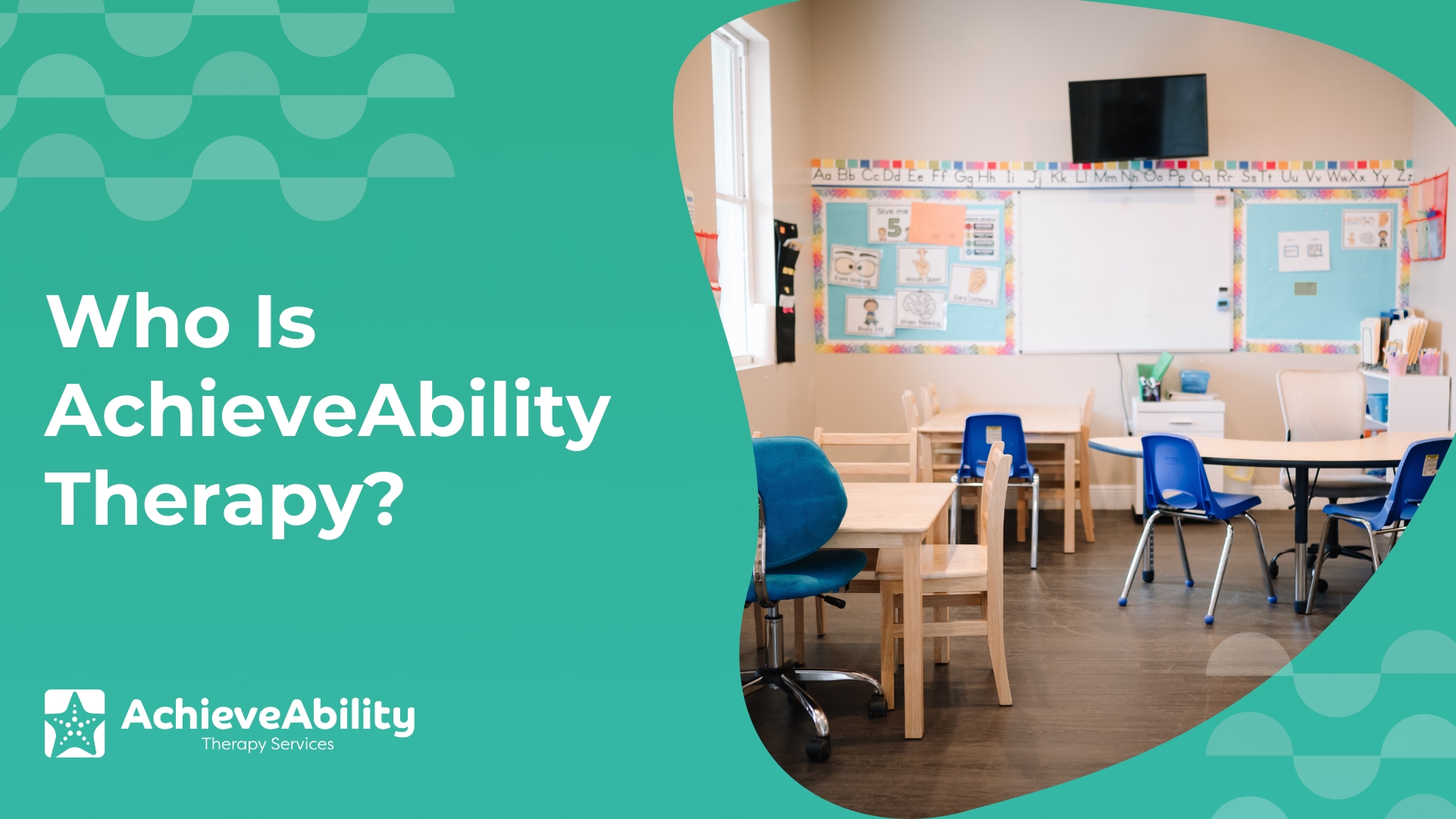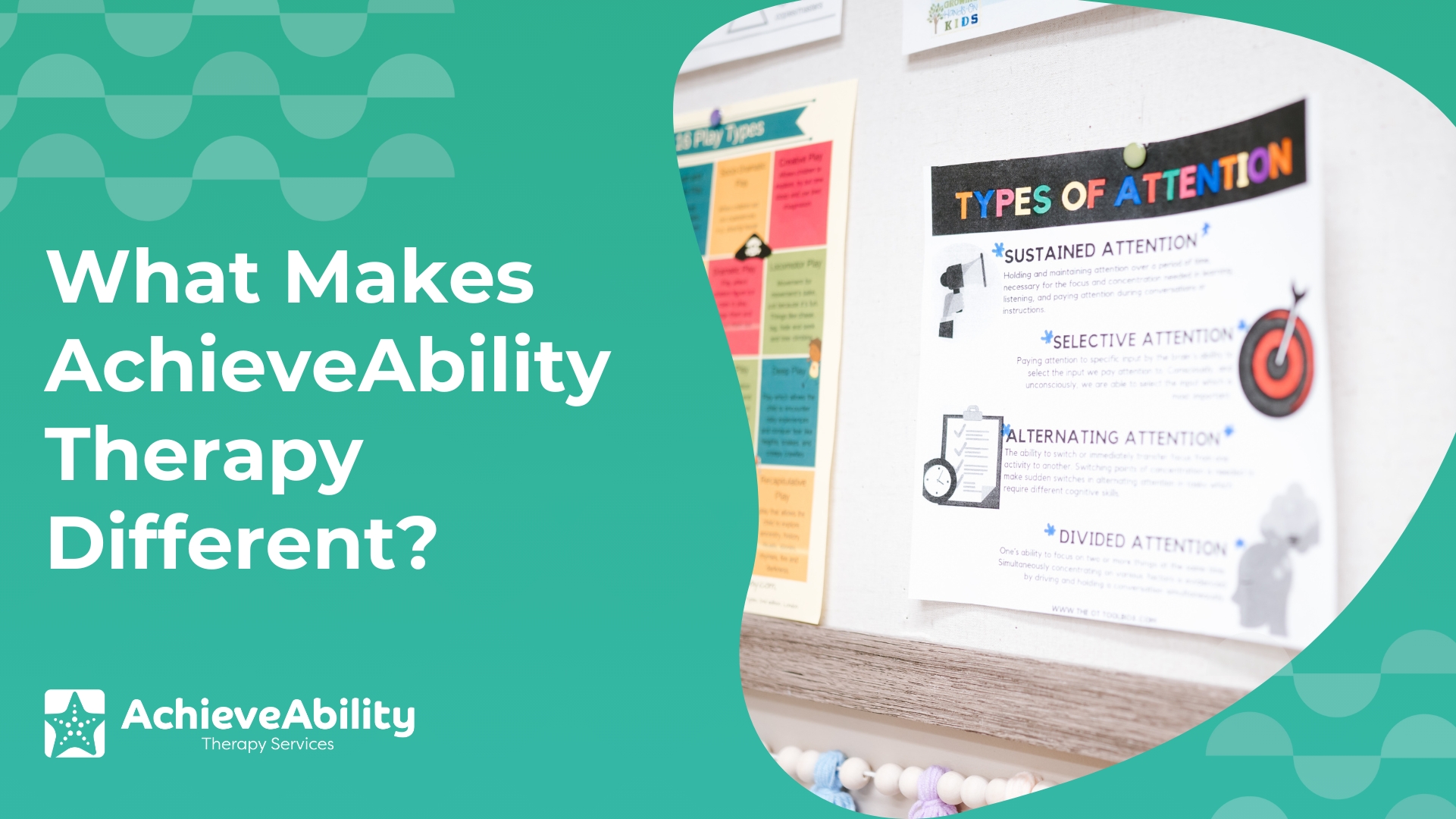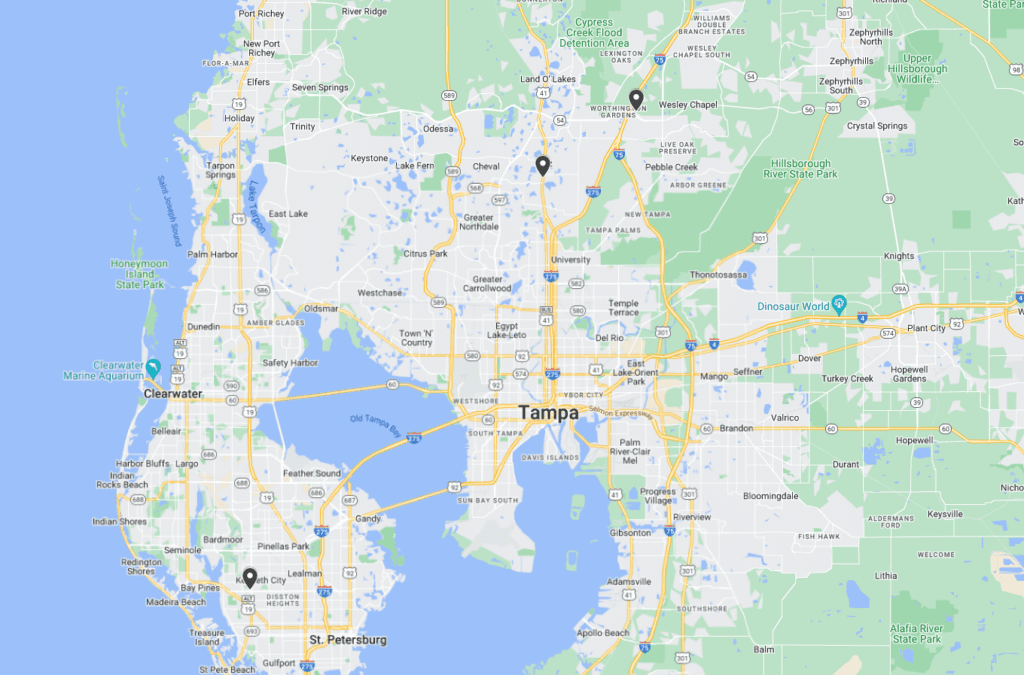Most parents, no matter how neurotypical their children appear to be, have moments of concern for their children’s development. Whether they’re worrying about their sleep, their academics, or their social skills, parents worry, and that is natural. We want our children to meet milestones and grow into kind and happy adults. However, when children fail to meet some age-appropriate developmental stages, parents are often left with more questions than answers.
Research shows there has been an increase in the diagnosis of autism in young people. While some fear that represents an uptick in the condition, researchers believe what we’re actually seeing is that clinicians are getting better at diagnosing it. And as parents learn more about the condition, they become better at advocating for their children with teachers, doctors, and other care providers.
It’s important to remember that a professional must make an accurate autism diagnosis. The information we will give you below shouldn’t be used as a tool for at-home diagnosis but to help parents better understand whether autism may contribute to their children’s developmental differences.
Autism spectrum disorder has a range of symptoms that vary between individuals but have some common traits. Symptoms can vary in type and intensity and differ between genders. All children have different personalities, which can impact how a child presents, but autism spectrum disorder is more than just a personality type. It’s a filter through which individuals experience the world around them. Read below to learn some signs that could mean your child would benefit from an autism evaluation.
Developmental Delays
One of the most commonly recognized traits of people with autism spectrum disorder is their atypical social skills. Children on the spectrum may avoid eye contact and/or not make normal facial expressions. They may also show little interest in interactive games or playing with others. And they are less likely to engage in pretend play and engaging socially with their peers.
Children on the autism spectrum may also experience varying degrees of cognitive and physical developmental delays. Some children on the spectrum have physical symptoms such as epilepsy, eating and sleeping issues, and digestive problems.
Repetitive Behaviors And Restricted Interests
It’s common for children with autism to repeat habits and behaviors. In some cases, children repeat phrases or follow specific routines. They may play with their toys the same way every time or even arrange them in a specific order. Often ASD patients also display particular and focused interests. A child might laser focus on dinosaurs and space or even memorize all the words from their favorite movie or cartoon.
Emotional Differences
Stress, fear, and anxiety are common signs of autism spectrum disorder, and while some children on the spectrum display increased fear responses, others seem to have less fear. If you recognize that your child is experiencing unusual emotional reactions and you’re concerned, it’s worth mentioning to a doctor or clinician who can help.
What was once referred to as simply autism is now called autism spectrum disorder, and hopefully, this list can help you see why. Individuals with autism genuinely do run the spectrum, and there is not one single way to experience autism. Getting a proper diagnosis for your child is not about labeling or putting them in a box. With a professional diagnosis from a trained clinician, we can help you and your child develop the appropriate tools to navigate life with ASD and ensure they get the care they need in school.
Knowledge is power. By collaborating with both parents and their children, we aim to provide holistic tools to help every child thrive. Learn more about the help we can provide your family by contacting us today!







